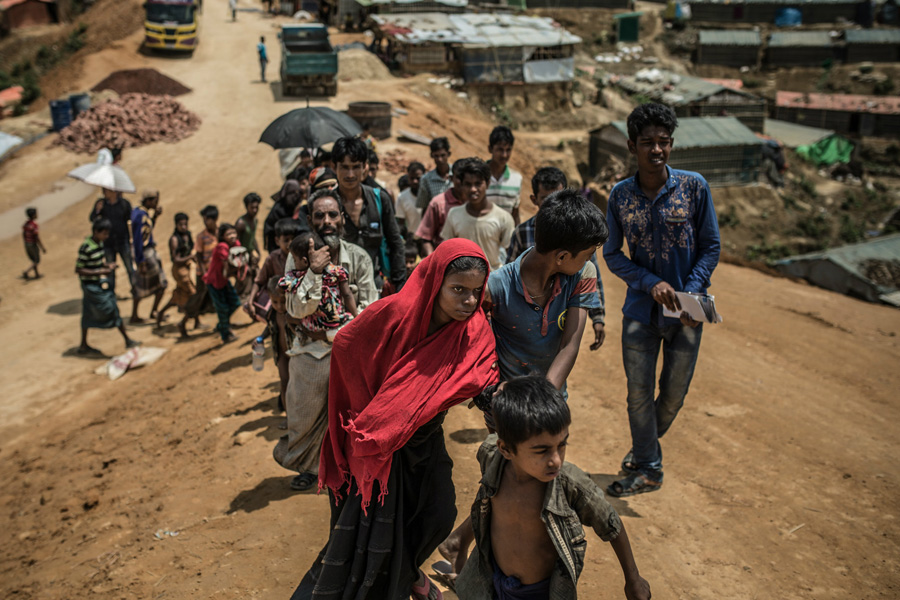
This article attempts to investigate the crystallisation of the ethnic concept in Myanmar which has resulted in the erasure of Rohingyas and their identity, denying them their legal personality.
Authors
Harsh Mahaseth, Assistant Professor & Assistant Dean, Jindal Global Law School, O.P. Jindal Global University, Sonipat, Haryana, India.
Akash Bag, Assistant Professor, School of Law and Justice, Adamas University, , Kolkata, India.
Summary
Rohingyas experience severe limitations on their rights and are the victims of mistreatment at the hands of State authorities. Starting from 1982, they have been unable to acquire citizenship which has been denied on the grounds of Rohingyas’ lack of connection with the national ethnic groups or taingyintha that can be traced to Burma’s quest for fostering national unity and shaking off the legacies of colonialism.
This practice included excluding groups which did not fit into the nationalist criteria of Burmese State authorities – those who could not trace their ancestry to Burmese soil. Today, Rohingyas form the largest group of Stateless people in the world.
This article attempts to investigate the crystallisation of the ethnic concept in Myanmar which has resulted in the erasure of Rohingyas and their identity, denying them their legal personality. The article will further investigate how the existence of systemic discrimination entails the deprivation of legal personality.
Published in: Asia-Pacific Journal on Human Rights and the Law
To read the full article, please click here.

